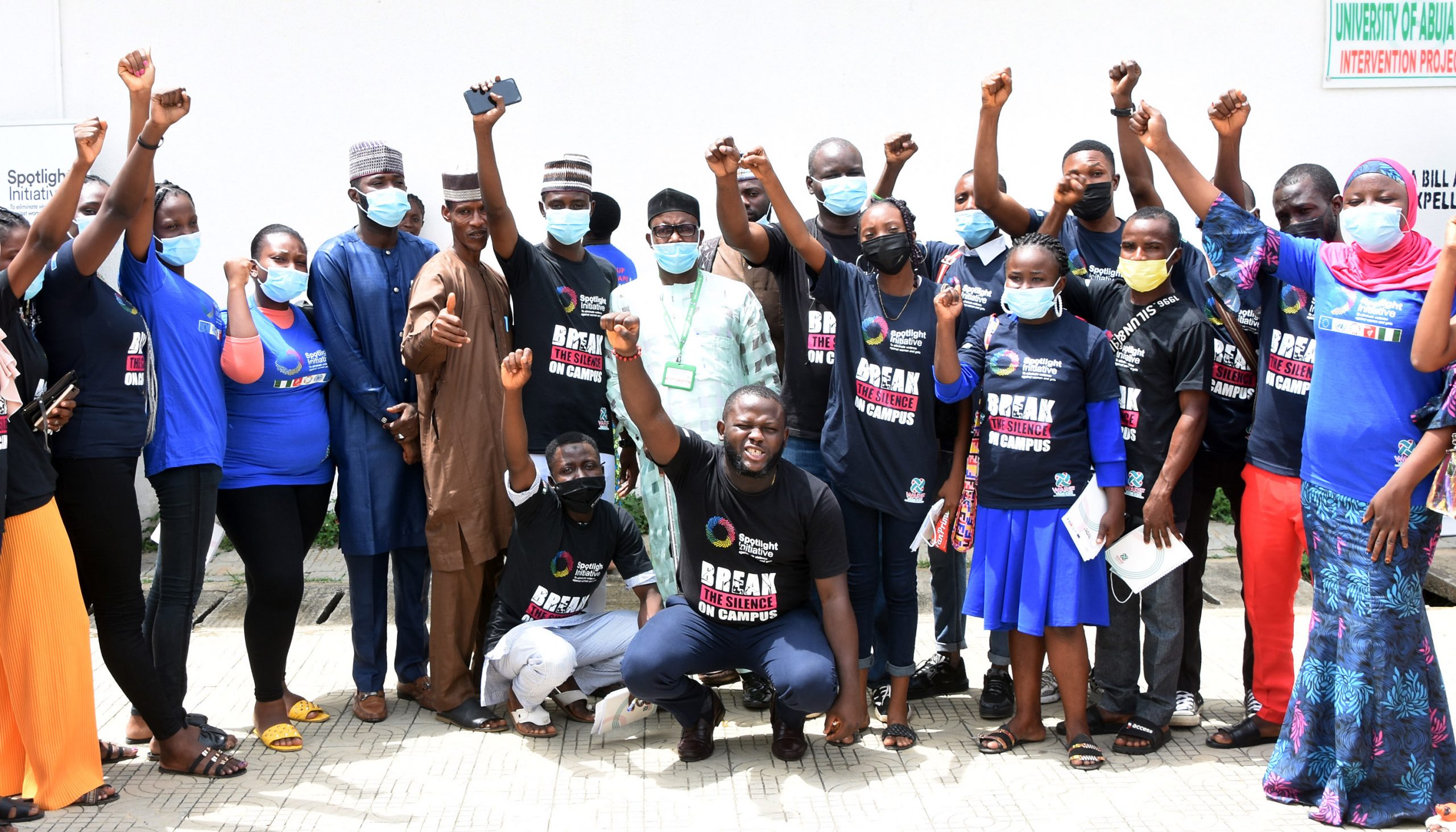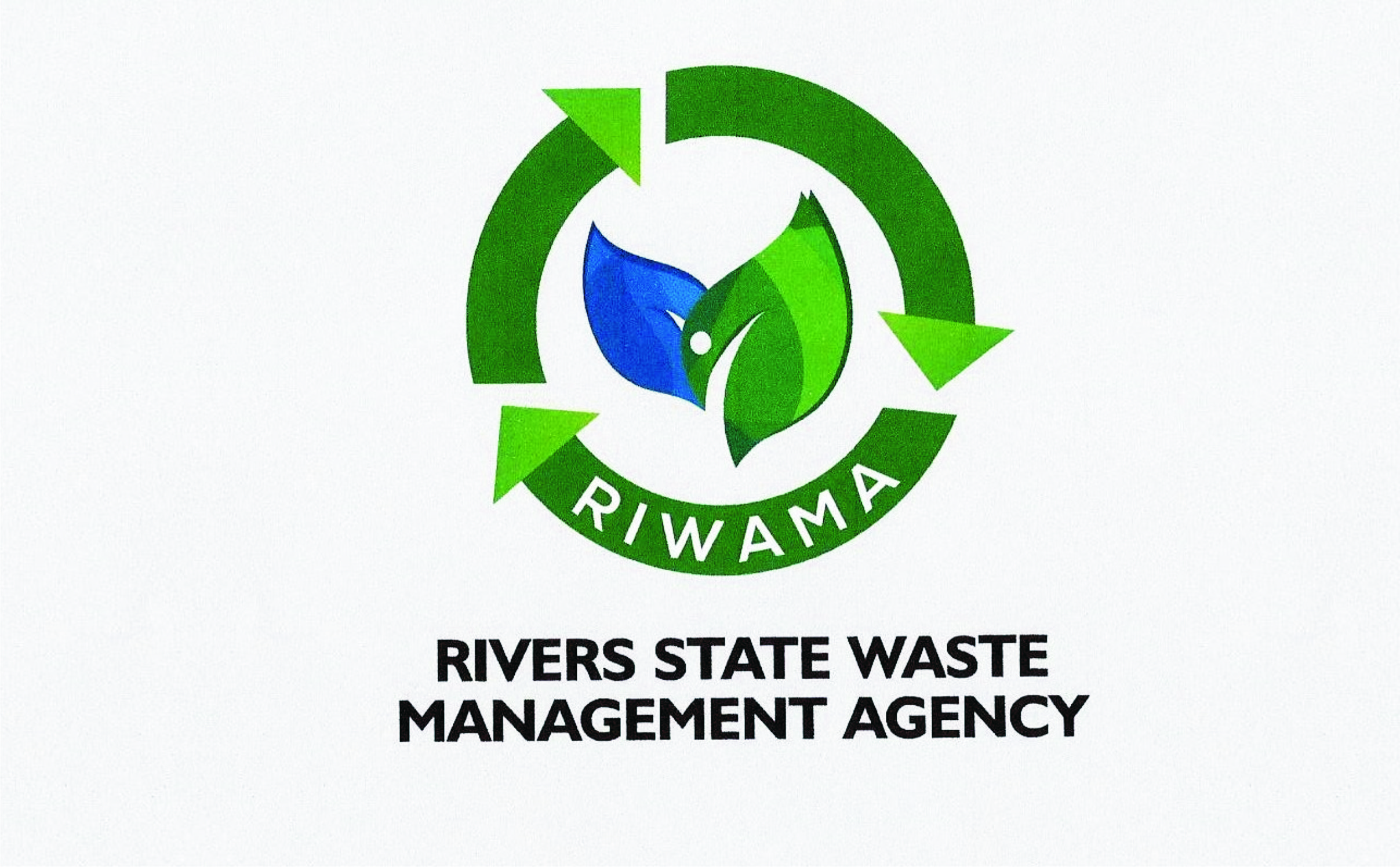News
PETAN, Others Leverage Local Content To Maximise Economic Gains Of AfCFTA

The Chairman, Petroleum Technology Association of Nigeria (PETAN), Mr. Nicolas Odinuwe, has joined critical stakeholders in the oil and gas sector in Africa to deliberate on how to lay a solid foundation for the design of an African Local Content mechanism to maximise the economic benefits from the implementation of the African Continental Free Trade Agreement (AfCFTA) in the hydrocarbon value chain.
The pan-African engagement themed, ‘Fostering Local Content in Africa for Africans’, was hosted by the Nigerian Content Development and Monitoring Board (NCDMB) in collaboration with the African Petroleum Producers Organisation (APPO) in Yenagoa, Bayelsa State.
Odinuwe, speaking on behalf of Nigerian service companies, emphasised the role of legislation needed to create a regulatory mechanism to midwife the process and ensure independent funding that would promote small and medium enterprises (SMEs) to drive entrepreneurship and capacity building and promote inclusiveness and integration in the region.
He said that while African content was a relatively need concept, regional cooperation was not, and developing a standard local content framework would involve a conscious utilisation of goods and services available within the continent to exploit and produce Africa’s vast and largely untapped oil and gas reserves.
“The time has come for us to look beyond our local arrangements at the bigger picture, to see how we can harness available resources within our continent for our collective development and the key to unlocking this potential is collaboration”, he said.
He, therefore, advised that the regional local content regulatory model incorporate provisions that will ensure that its minders are people of the right skill set who will help direct capital to where there are opportunities as local content does not always develop commensurately with capital flows.
He commended the efforts of the NCDMB through its committed leadership for the successful implementation of the Nigerian Oil and Gas Industry Content Development (NOGICD) Act which has exponentially grown the capacities and capabilities of Nigerian service companies, including that of PETAN and created synergy among stakeholders through constructive engagements and innovative programmes to encourage and incentivise local companies to form joint ventures with foreign companies to ensure technology transfer as well as the development of young minds in the field of Engineering through Science and Technology Innovation challenges and vocational trainings.
He noted that PETAN’s partnership with the NCDMB and other critical stakeholders have ensured that indigenous companies were creating the needed domestic production linkages to ensure that the extractive industry makes significant contributions to accelerate the economic growth and development of Nigeria and now Africa.
While urging an enabling environment to create a private-sector-led regional oil and gas industry, Odinuwe described the African Continental Free Trade Agreement (AfCFTA) as a key enabler which has helped to widen the path for Africa as the next global energy hub with great investment opportunities.
“Governments across Africa”, he charged, “especially the Sub-Saharan Africa oil and gas producing countries should provide the necessary incentives to attract private-sector investments across the entire value chain of the oil and gas industry. Using oil and gas as its critical resources, Africa speedily promotes its development”.
He added that PETAN, as the foremost leading advocacy group of over 300 indigenous oil and gas service companies with over 30 years experience across the entire value chain of the industry will always be ready to partner relevant national and regional stakeholders to share experiences and expertise as well as nurture, mentor and invest in available opportunities across the region and continent.
The Executive Secretary, Nigerian Content Development and Monitoring Board (NCDMB), Engr. Simbi Wabote, express the commitment of the board to facilitate linkages among all stakeholders in the oil and gas value chain, and thanked participants for their desire to push the envelope for the development of the continent.
Wabote stated that African countries have been fascinated by the remarkable impact and achievements of Nigeria in the implementation of the Nigerian Oil and Gas Industry Content Development (NOGICD) Act and the development of its hydrocarbon resources which is anchored on the philosophy of in-country value addition.
He said that this has inspired some African countries to undertake a study tour to Nigeria to understand the NCDMB delivery model with some signing similar local content laws or policies based on insights from Nigeria.
He added that the APPO Charter on Bilateral Cooperation among oil producing countries as well as the signing of the AfCFTA were bold steps which has prompted a new era for the galvanisation of the region towards regional cooperation around developing capacities and capabilities to deliver oil and gas services in the continent.
Also speaking, the Minister of State for Petroleum Resources, Chief Timipre Sylva, said the government working to create enabling environment for businesses in the sector to thrive, and build wealth for the country.
In his remarks, the Secretary-General of the African Petroleum Producers Organisation (APPO), Dr, Omar Farouk Ibrahim, said that players in the sector were exploring investment opportunities to jump-start a new era in the industry.
It would be recalled that PETAN spearheaded a steering committee at its recently concluded Sub-African International Petroleum Exhibition and Conference (SAIPEC) 2021 following passionate calls for regional collaboration and deepening of local content by stakeholders across Africa.
Discussions focused on evaluation of regulatory models for the governance, funding and monitoring of local content implementation in frontline economies, laying a solid foundation for the design of an African Local Content programme to maximise economic benefits from implementation of the African Continental Free Trade Agreement (AfCFTA) in hydrocarbon value chain and data sharing on capacities that exist around skills, infrastructure, facilities, assets and funding for exploration, field development and production activities in Africa.
Representatives from the African Union (AU), the United Nations Conference on Trade and Development (UNCTAD), the Economic Community of West African States (ECOWAS), the African Development Bank (AfDB) and the United Nations Industrial Development Organisation (UNIDO) attended the event.
News
Enforce Discipline In Legislative Service, Fubara Charges New RSHA Commission

Rivers State Governor, Sir Siminalayi Fubara, has charged newly sworn-in chairman and members of the State House of Assembly Service Commission to achieve greater productivity, promote highest standard and insist on best practices in the discharge of Legislative services.
Governor Fubara also urged them to ensure that parliamentary staff are put through disciplinary conducts in the discharge of their duties in the service.
Governor Fubara gave the charge shortly after the chairman and members of the Rivers State House of Assembly (RSHA) Service Commission were sworn-in at the Executive Chamber of Government House in Port Harcourt, last Friday.
The Governor also sworn-in the chairman and members of the Rivers State Local Government Service Commission.
Hon Tamunosisi Gogo-Jaja, is the chairman of RSHA, with Dr Kennedy Ebeku, Hon. Soberekon Clark, Hon. Jones Ogbonda, and Hon Kingston Sylvanus as members.

For the Rivers State Local Government Service Commission, Hon GoodLife Ben will serve as the chairman, with Chief Emmanuel G. Jaja, Ms. Betty Warmate, Barrister Jerome Chimenem, Hon Prince O. Ohochukwu, Barrister Philip Okparaji, and Christian Amadi as members.
Governor Fubara explained that the constitution and swearing-in of the respective commissions were delayed with the hope that all former members of the political block will come back together but quickly added that such expectation is dashed now as governance has to move on.
He said: “As it stands now, our position is very clear. The ship that we are onboard is clear, and the activities of governance have to continue.
“So, this swearing-in is to give these two units of government – particularly, the House of Assembly Service Commission, a formal commission so that you can start carrying out the activities of promotion, discipline and every other thing that has to do with the legislative staff activity.”
Governor Fubara emphasised: “This assignment is not business as usual. You have to take full charge, and you have to ensure that there is discipline in the service.”
Speaking on the Local Government Service Commission, Governor Fubara said an acting Chairman was previously appointed to hold brief while the situation was being studied but quickly added that as it stands now, a full fledged commission has to be constituted to steer affairs.
Governor Fubara stated that the various Local Government Councils have been mandated to commence payment of the N85,000.00 Minimum Wage to their workers.
However, Governor Fubara said that mandate had met with series of complaints about ghost workers or inflated payroll staff list, which required proper scrutiny in order to ensure that only genuine workers benefit.
He said, “You must ensure that you support the Local Government Chairmen to get rid of those fake names in the payroll, so that when they implement the N85,000.00 Minimum Wage, it will not be too much burden on them.
“I am not saying you should go and dismiss people who are genuinely employed. Hear me very well: there must be proper scrutiny to be sure that whoever is there must be a genuine civil servant employed by the commission, and must have met all the conditions.”
Governor Fubara also directed the commission to address the issue of staff stagnation on a particular grade level, which is an ugly practice, and make sure those due promotion truly benefit from statutory progression in the service.
He said, “The second side is, you have the issue of promotion, you must also ensure that they are adequately promoted so that they can start enjoying like their counterparts in the mainstream.
“There is too much dragging of their promotion, for somebody to be on Grade Level 4 for over 30 years is not good. It is not good news.”
Governor Fubara maintained: “I believe strongly that you will not allow yourselves to be corrupted like those stories that we used to hear. Make sure that there is acceptable level of discipline and standard in the Local Government Service Commission.
“I also believe strongly that you are already prepared for this assignment, and since you are prepared, I will charge you to go do what you know how to do best. Be assured that the government will give you all the necessary support.”
Governor Fubara noted that the task before them could seem Herculean but they should be assured of support from his administration to drive the assignment given to them to reckonable success.
News
Be Innovative In Waste Management, Fubara Tasks RIWAMA ….. Inaugurates Six-Member Board

Rivers State Governor, Sir Siminalayi Fubara, has said that the open dumping of wastes has to be replaced with a more innovative and efficient disposal method so that wastes can be taken off the streets and turned into income-yielding ventures.
Governor Fubara made the assertion while giving charge to the newly constituted Board of Directors of the Rivers State Waste Management Agency (RIWAMA) and its Managing Director at Government House in Port Harcourt, last Friday.
The Board members included Engr. Edward Namiesimagh as the chairman, while Hon. Bishop Best, Dr. Ipalibo Sogules, Richard Mazi, and Civian Y. Nwibari are members, with Hon. Orukwem Amadi-Oparaeli as the Managing Director.
Governor Fubara said waste disposal and management have remained a major global concern, adding that over the years, successive administrations in the State had struggled to take wastes off the streets but ended up taking them to other dumpsites where they constitute nuisance and environmental hazards.
He said, “Today, I am here putting a team together to look at these challenges differently. Let it not be the regular pattern whereby at the end of the month, you come to collect money from me for payments.
“Don’t indulge in appointing your friends as sweepers, evaluators of debris, then you start building hotels, or buying big cars. Let us go beyond that and tap into the potentials of waste management.
“It is an area in this world that there is so much money in. It is an area that creates employment, and generates huge revenue. It is not just depending on what I will give to you. Consider what change you’ll bring to the work, that’s what I want to see in Rivers State.”
Governor Fubara told them that they were carefully selected because of the experiences they had garnered in their previous public assignments, and urged them to replicate their successes on a bigger scale with the new appointment.
The Governor advised them to work assiduously to bring back the beauty of Port Harcourt with effective waste disposal drive, and ensure the city is clean and green to reflect its old Garden City status.
Governor Fubara emphasised: “If not for our effort, today, some people could have even changed it to become Garbage City. But God forbid, it is not going to be in our own time.
“I want you to understand that I feel very unhappy with the sight I see. When you are driving into Port Harcourt, one of the first things that will welcome you is the waste dump that you see along the Obiri-Ikwerre-Airport Road. I don’t feel happy about it.
“Your first task should be to relocate it. That particular place needs to be completely closed because it is the entrance to the city. You need to get a new place where we can relocate our wastes.”
Governor Fubara urged them to be more responsible as they discharge their assignment, saying that it is more important to see results than being merely preoccupied with the aura of office.
The Governor warned that he will not hesitate to relieve anyone found wanting, and return the agency back to the era of a sole administrator running the affairs of the agency.
He noted, “This team cuts across all the Senatorial Districts, so that whatever you are going to do there, you ensure it spreads. While you are also carrying out this job, let it be known to the world that the interest of everybody in the State is accommodated.
“It shouldn’t be one-sided. Make sure that all our supporters who have the capacity and competence to do little jobs in the refuse area are also accommodated. I am serious. I have no doubt that you are going to impress us. So, I charge you to do all you can to make sure that the face of Port Harcourt changes when it comes to the issue of refuse.”
Governor Fubara told them to be good ambassadors of his administration as they interface with members of the public while also changing the face of refuse management in the State.
In his acceptance speech, Chairman of Rivers State Waste Management Agency (RIWAMA), Engr. Edward Namiesimagh, expressed appreciation to the Governor, on behalf of members of the Board, for finding them worthy to handle such difficult but surmountable task of keeping Port Harcourt clean.
He said, “When I see the calibre of people you assembled, all of us are happy, and I assure that with our period of experience in our fields and politics and interaction with people and the zeal that comes with this job, we assure you that we will do our best to make sure that the policy of restoring Port Harcourt to its lost glory is achieved with your support.”
News
Fubara Graces Agric Commissioner’s Wedding At Ciwa

Rivers State Governor, Sir Siminalayi Fubara, on Saturday, graced the solemnization of Sacrament of Matrimony between Engr Victor Kii, and his heartthrob, Engr Mercy Mankwe.
Engr Kii is the Rivers State Commissioner for Agriculture.
The wedding ceremony was held at Our Lady of the Holy Rosary Chaplaincy, Catholic Institute of West Africa (CIWA), along the Port Harcourt-Aba Expressway, Rumuibekwe in Obio/Akpor Local Government Area.
In his Homily, the Chief Celebrant, Bishop of the Catholic Diocese of Sokoto, Most Rev Matthew Hassan Kukah, said marriage is an enduring union, ordained by God for two persons – man and woman – who have decided in love to live their lives together.
Bishop Kukah stated that people in such Christian marriage should know that they are in an indissoluble union, bounded by faith, and advised them to gladly make personal sacrifices in tolerance and care for each other so that they can have a healthy, successful and rewarding life together.
In his vote of thanks, co-celebrant, Very Rev Monsignor Pius Kii, showered commendations on the Governor for his fatherly support to the family, and the numerous landmark achievements in various sectors across the State.
The clergy and the church took the opportunity to pray for the success and good health of Governor Fubara and his administration, and urged God to protect, guide and defend him at all times.
The church also presented 50th birthday cake and gifts to the Governor, and also sang birthday songs to accentuate the celebration.
Highlights of the event were the signing of the marriage register by the new couple, Victor and Mercy, and the cutting of the 50th Birthday cake by the Governor.
-
News5 days ago
Rivers Begins Screening Of National Health Fellows
-
Business5 days ago
Total Energies Urges Right Policies, Environment To Attract Foreign Investors
-
Rivers5 days ago
Experts Urge Fubara On Youth Marine Safety Training
-
Opinion5 days ago
My Thought On St Valentine’s Day
-
Politics5 days ago
Osun LG Crisis: IGP Moves To Restore Normalcy
-
News5 days ago
Group Endorses Fubara For Second Term
-
Business5 days ago
Partnerships, Capacity Building, Panacea For Local Content Boost – Shell
-
Niger Delta5 days ago
Delta Approves N275bn For 76 Projects Execution

